
Facelifts and Covid-19: patients having major cosmetic surgery with no social events to attend and everyone masking up, Southeast Asia beauty clinics report
- Southeast Asia is out of bounds for overseas tourists, but local demand for beauty treatments and post-pandemic pampering helps the beauty industry recover
- Spas and clinics are adjusting to a changing market, opening in suburbs for the work-from-home crowd or giving telemedicine consultations to overseas clients
If there is one thing the Covid-19 pandemic might have proven, it’s that the spa and beauty industries are more recession-proof than most.
People wanting cosmetic surgery have realised it is the perfect time to have some major work done, with no social events looming and everyone hiding their faces behind masks, says the head of a group that provides such services to an international clientele in the Philippines.
In Singapore, meanwhile, a spa chain has taken over a company running aesthetic clinics and is expanding in the city state’s suburbs to cash in on the growth in people working from home.
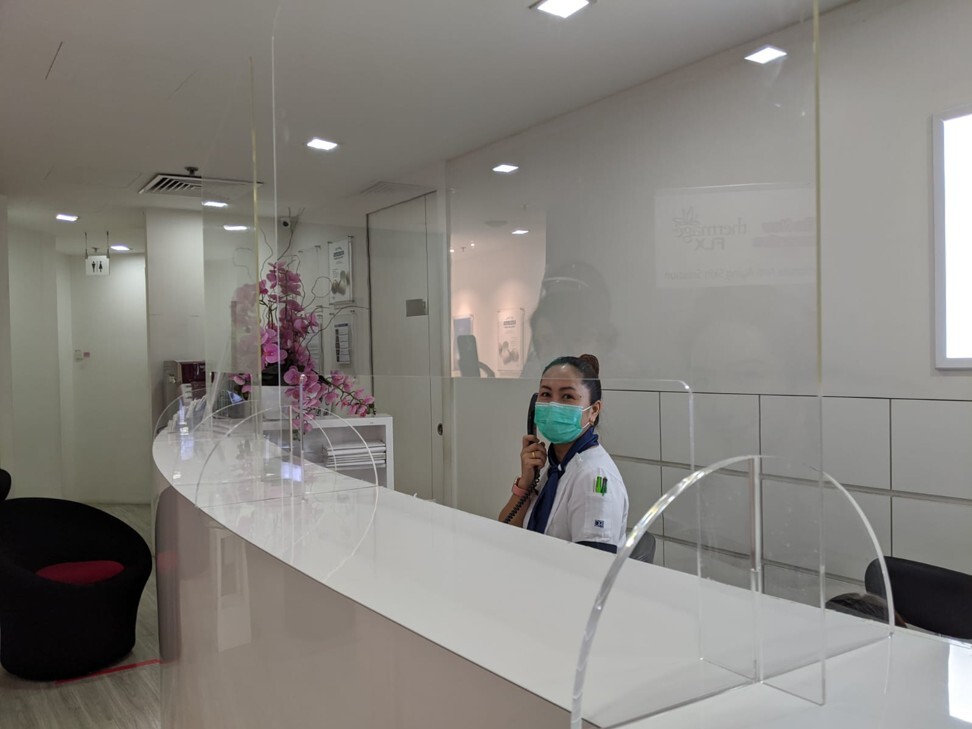
However, now that more places are loosening restrictions on businesses, there are signs of a rebound in industry on the back of consumers’ pent-up demand for facials, massages and treatments after months of going without. A recent study by consultancy firm Kantar found that customers are most looking forward to getting some “beauty therapy” after the end of their quarantines or lockdowns.
We provided all our staff with the coolest and most innovative hazmat, which everyone wants now
She says: “Surgery is also popular these days because people think this is the best time to recover, as they won’t be attending any social events soon and won’t be seeing people. They can also hide under a mask.”
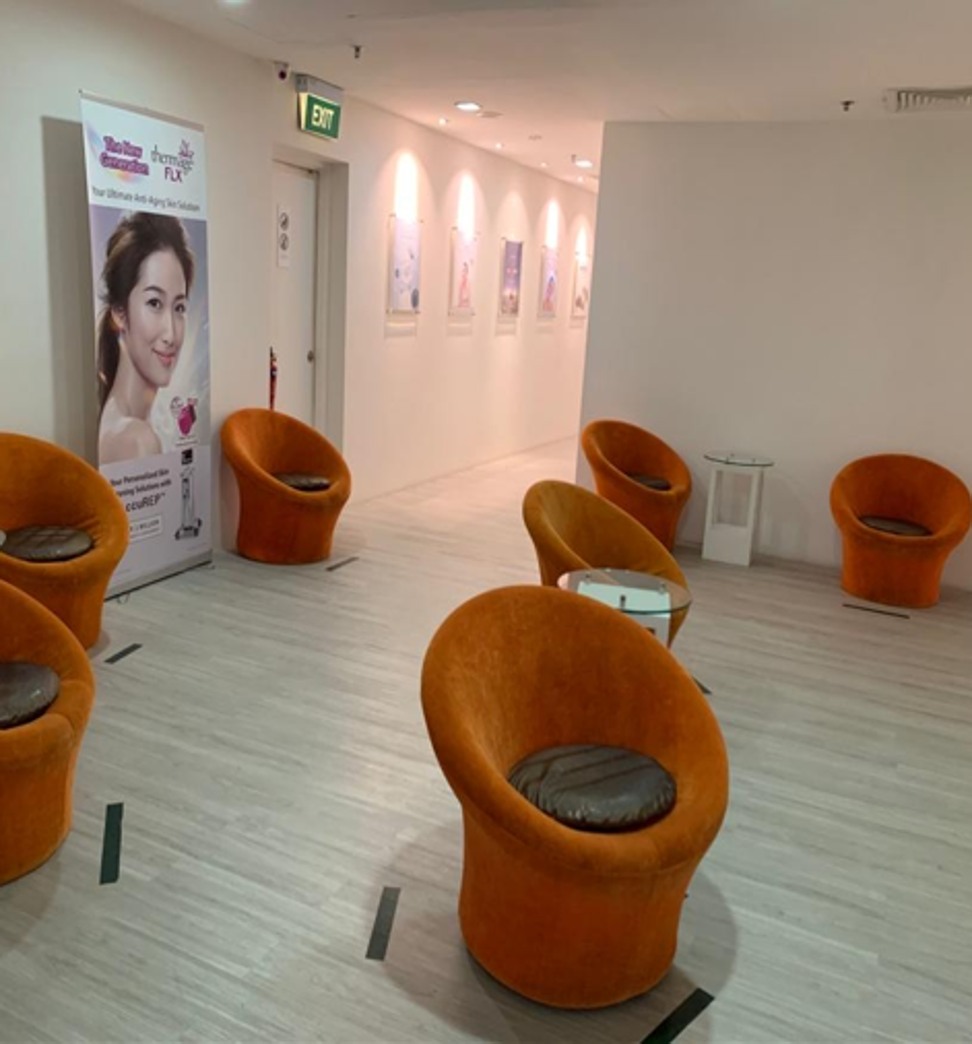
In July, Natureland announced it had acquired The DRx Group for an undisclosed amount in a strategic move to streamline both brands’ expansion plans, say representatives from both companies.
With this venture, The DRx Group is expanding its presence with the opening of a new clinic in the eastern suburbs of Singapore, close to an existing Natureland outlet, to better cater to the growing demand for beauty services.
Frank Thong, chief executive officer of The DRx Group, says: “We observed a shift in consumer preference to patronise stores in the suburbs during the Covid-19 circuit breaker period and, with a significant increase in telecommuting population, we expect the demand for aesthetics services in residential hubs to grow.”
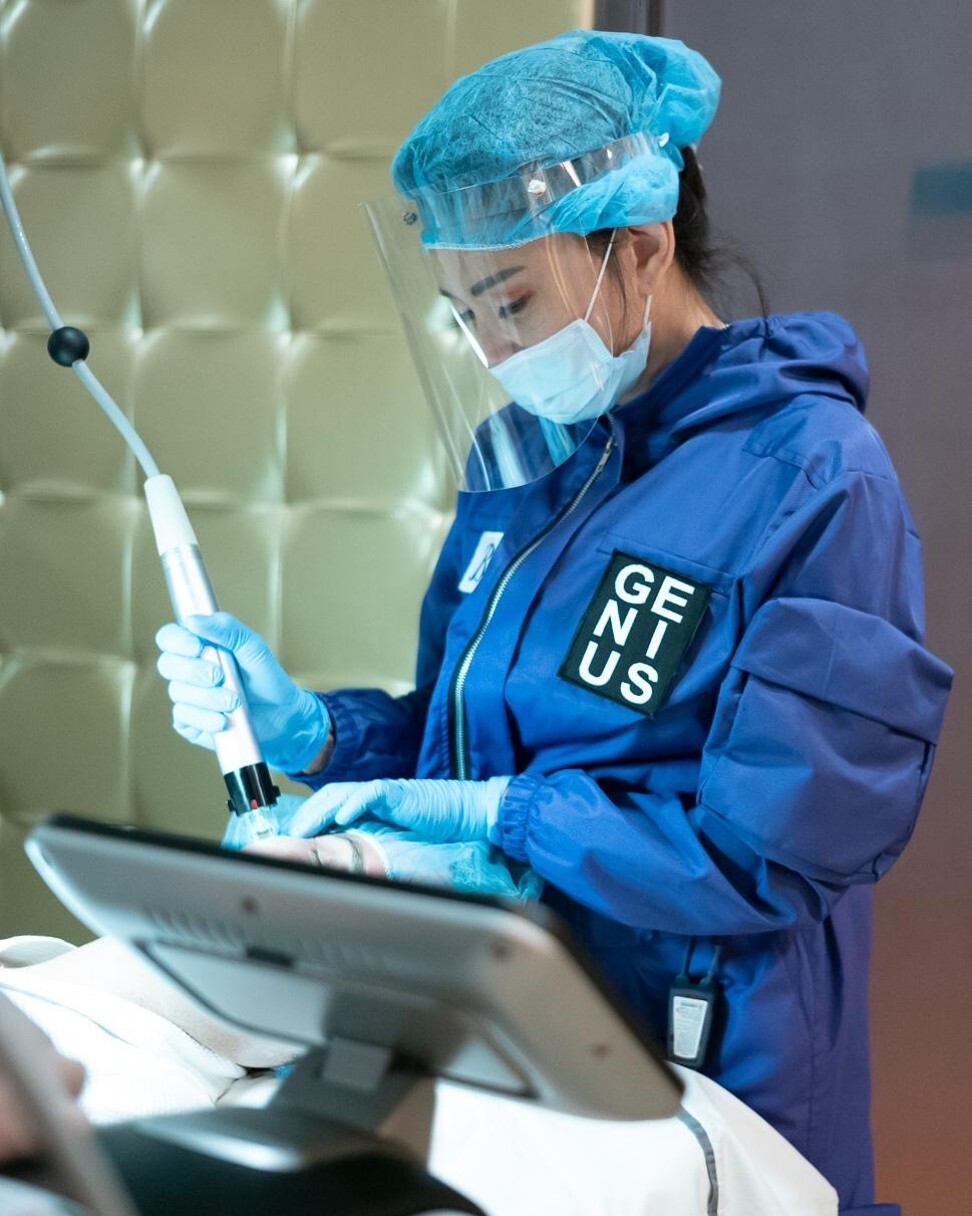
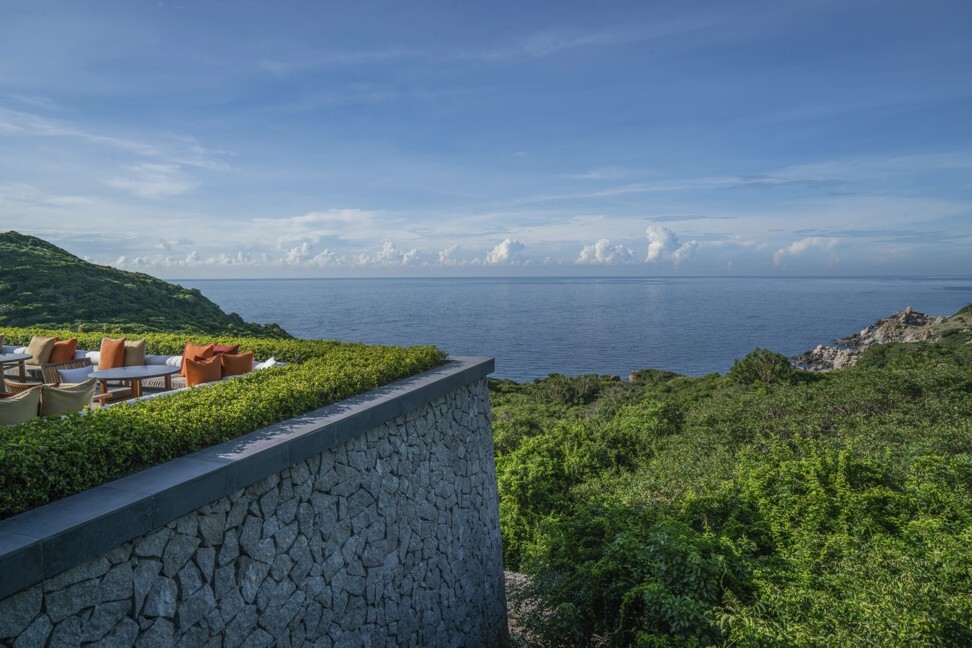
“There are a lot of synergies, both on revenue and cost, for both our companies. Wellness and beauty are naturally connected and our similarities in clientele, marketing, business strategies translates to tangible benefits for customers and the business,” says Thong.
New you: staycations offer wellness reboot, fantasy fashion experience
That was before the pandemic began, and many destinations have been hit hard by restrictions on international travel. Still, domestic tourism has in recent months shown promise.
Kiyono says: “Our guests are looking to be in places which have an abundance of space and privacy and have a focus on wellness from the spa to nutrition.”
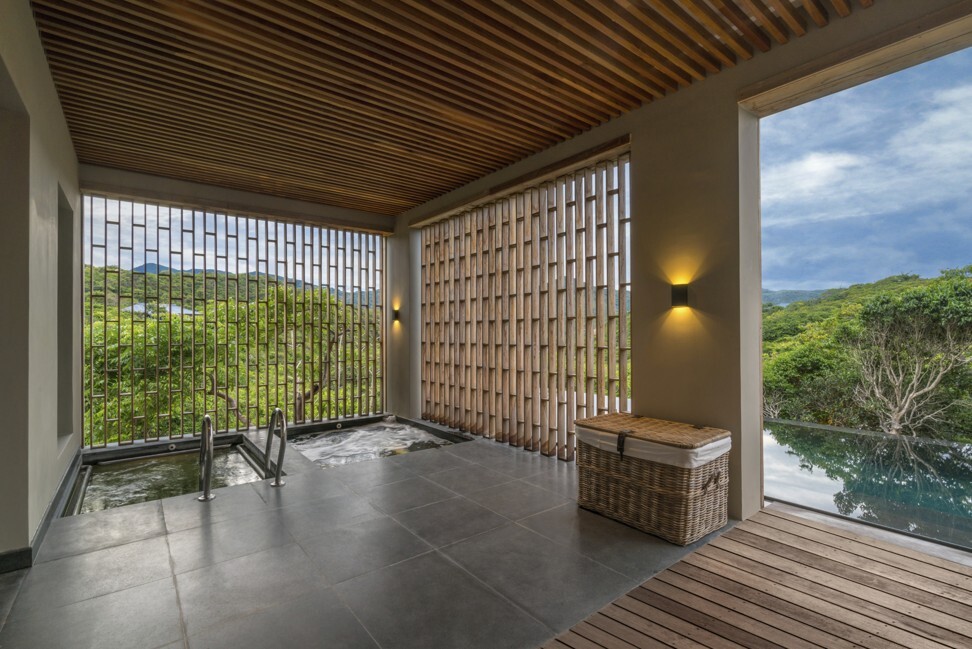
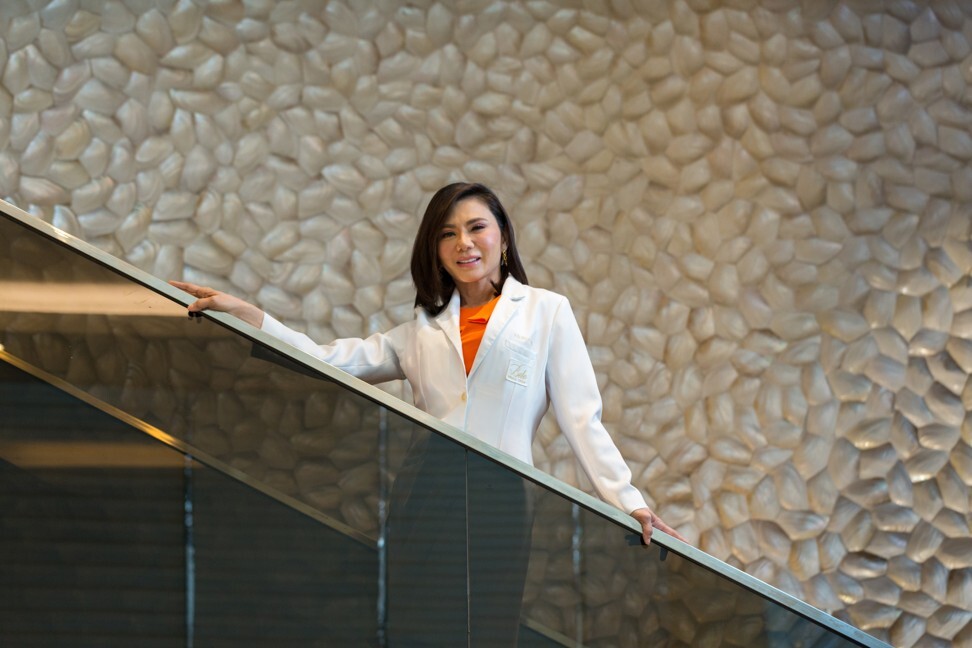
Spas and aesthetic clinics the Post spoke to all agreed that maintaining hygiene standards is key to providing guests with the security and confidence they need to return to their premises.
To help reach a consensus on safe reopening guidelines for aesthetic clinics as lockdowns are eased around the world, Belo collaborated with 10 other top aesthetic doctors around the world to co-author a set of recommended protocols that clinics may follow. At her own chain of 16 clinics, she has gone above and beyond those recommendations and equipped staff with hazmat suits.
“We are only required to use masks, goggles, and face shields but I thought it would be great to have a hazmat that we can disinfect after every patient interaction, as patients would feel safe knowing this. So we provided all our staff with the coolest and most innovative hazmat, which everyone wants now,” says Belo.
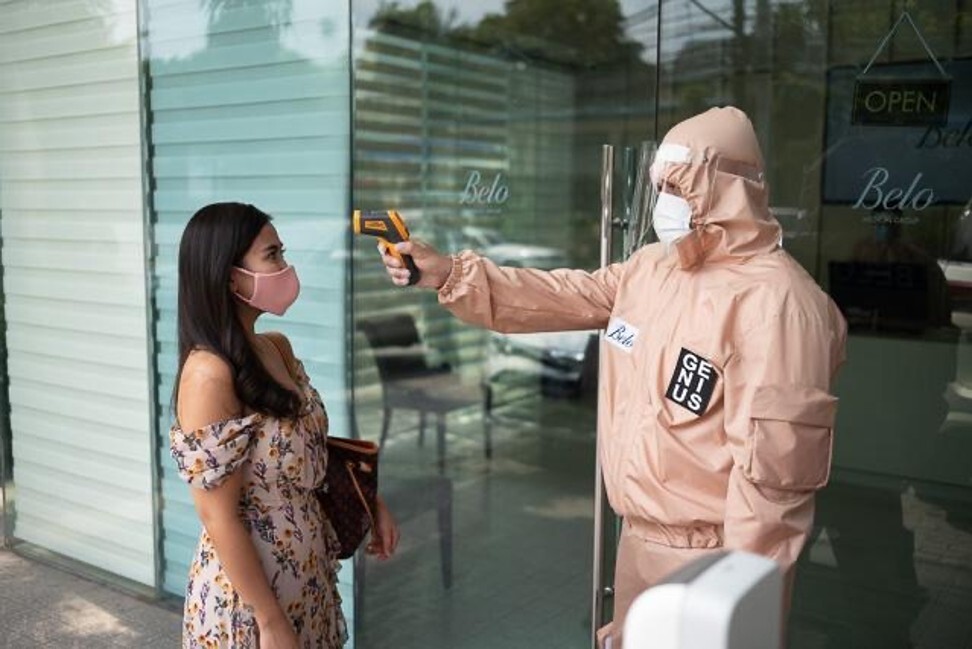
While business is currently at about 30 to 40 per cent of its pre-pandemic levels, Belo says the clinics have pivoted online to provide telemedicine consultations to make up for the shortfall.
She is optimistic that, as patients become more confident that aesthetic clinics and beauty salons are able to keep them safe, more will return. Many of her overseas clients from countries including Finland, Australia and New Zealand, who have been unable to travel to meet her in person, have plans to travel by the end of the year, by which time the situation will hopefully have improved, she says.

